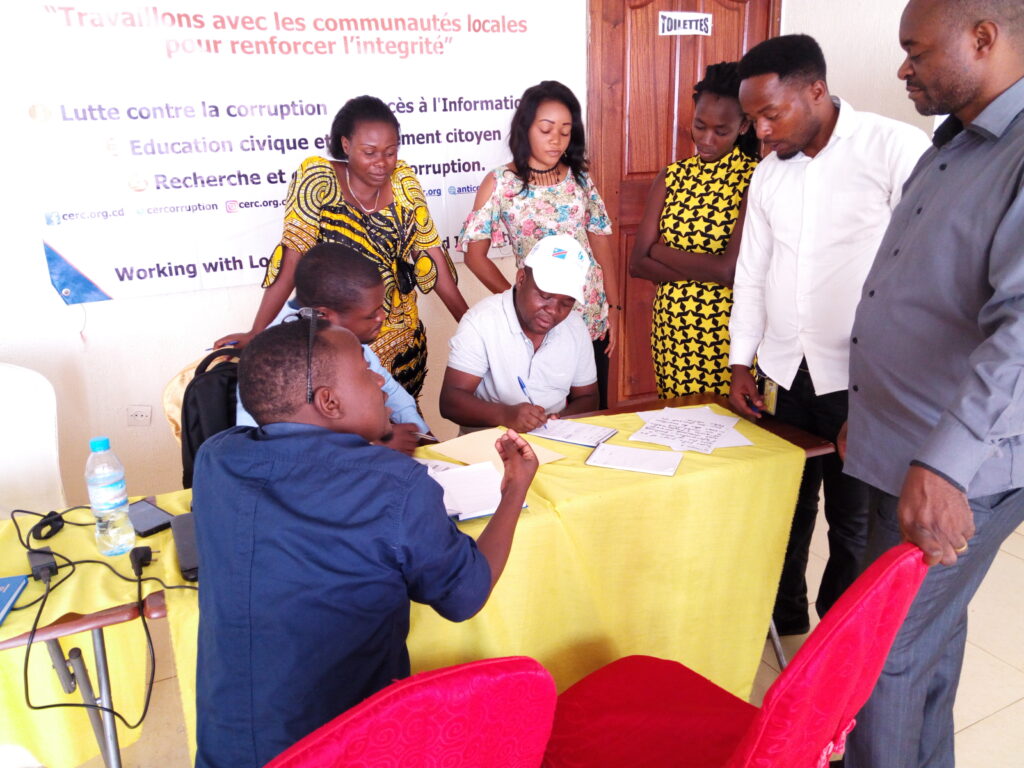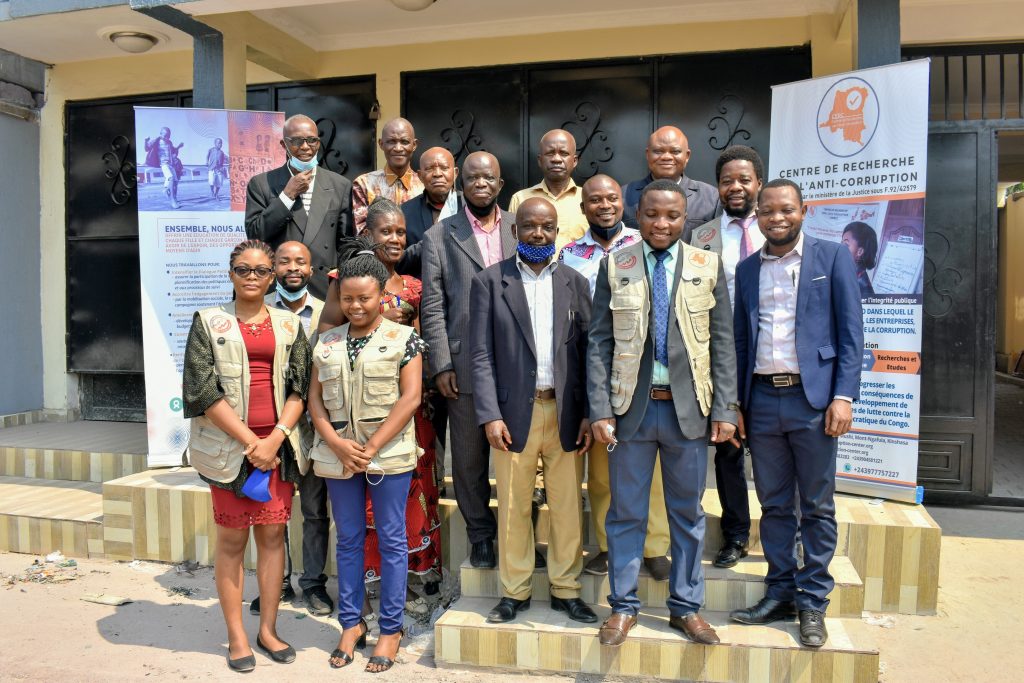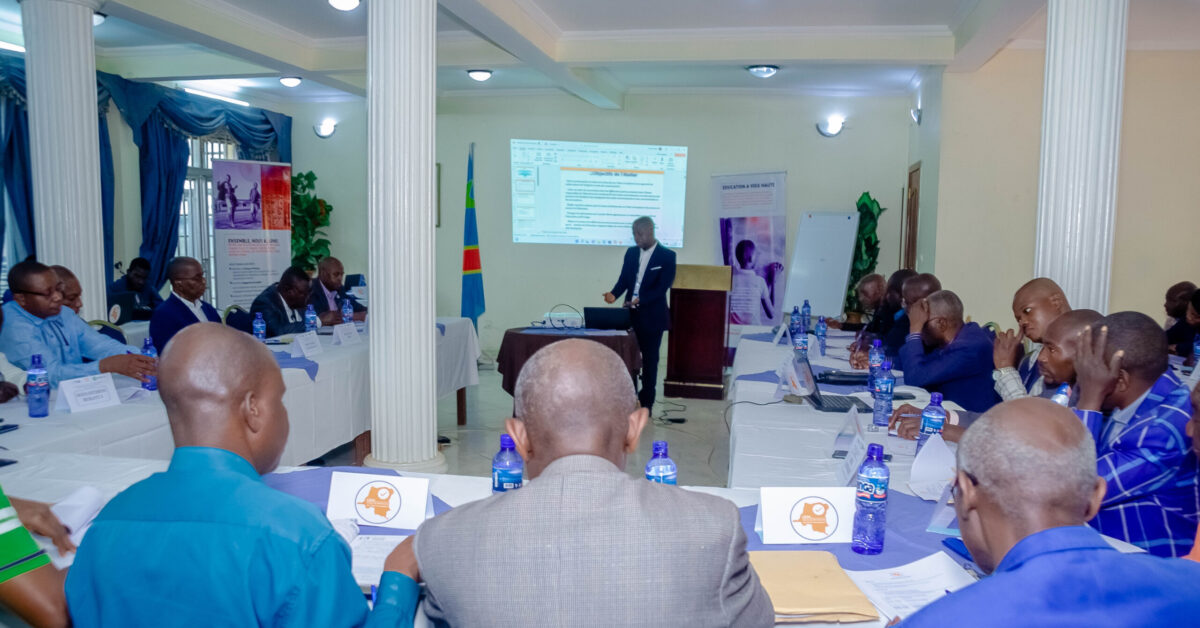Integrity Leadership Course
CERC’s provides training and mentoring on building institutional integrity and anti-corruption helping local governments, ministries, agencies, public enterprises, private businesses, civil society organizations etc. to build integrity and to eliminate, minimize and prevent systemic corruption.
Low institutional integrity, which includes corruption, constitutes one of the significant obstacles to development. It has harmful and devastating implications, particularly for the poor and disadvantaged groups. It undermines citizens’ trust in public institutions, distorts markets and increases poverty, discrimination, and inequality. Corruption happens simply because it is possible, and solutions to prevent corruption focus on corrupt behaviour within organizations.
We offer holistic, innovative, and practical tools and approaches that break taboos, the culture of cynicism and restore trust among employees that corruption can be dealt with effectively. Inspired by Integrity Action, we understand integrity to be the alignment of four factors: Accountability, Competence, Ethics and Corruption control.
- Accountability is the ability of stakeholders to check that we do what we say we do.
- Competence is the ability to deliver quality and perform well.
- Ethics is defined as behaving impartially and reliably with a public purpose.
- Corruption is the abuse of power position for personal gain. Although control and sanction mechanisms are essential when fighting corruption, our approach is based on helping clients restore health to their organizations by increasing their institutional integrity.
Type of activities supported:
- Designing and conducting integrity assessments aimed at assessing systemic vulnerabilities to corruption and identifying the main causes of these vulnerabilities.
- Designing and facilitating the development of long-term anti-corruption strategic and action plans/integrity plans.
- Designing and implementing various capacity development interventions such as workshops, training, seminars, online courses, campaigns, outreach activities etc. aimed at strengthening institutional integrity.
- Facilitating internal change and reform process at all levels of organizations and/or government.
- Designing and conducting integrity building leadership courses including training, peer-to-peer exchange, coaching etc. aimed at helping leaders/managers to act with integrity, but also to build integrity with others by creating viable alternatives.
- Elaborating effective solutions to identified systemic institutional weaknesses aimed at increasing transparency, accountability, competence, effectiveness, efficiency, and participation.
- Conducting transparency and accountability analysis.
- Designing and delivering courses that promote moral cultural organization with focus on developing and nourishing ethical competence of employees.
- Developing Codes of Ethics in a participatory manner and creating conditions for their effective implementation.
- Developing Integrity Pacts between public institutions and business so as to promote the culture of integrity in the community including business relations.
- Developing relations with the community to create ways to deal with corruption in a collaborative manner.
Our Results:

In June 2018, we supported an Integrity Exchange Workshop in Bukavu, with 6 local integrity builders coming together from across the South-Kivu and North-Kivu provinces to discuss the current and future prospects for integrity.

In June and July 2021, CERC conducted specific, in-depth assessments, research, and studies on corruption and lack of accountability in the DRC education sector with 54 senior government education officials and 19 accountability practitioners and anti-corruption experts from Civil Society Organizations, teachers Unions, religious associations. The studies and assessments included holding 4 consultative workshops and the Integrity KAP Survey in 41 secondary schools in South Kivu and Kinshasa and a compilation of existing studies on corruption, youth participation, and accountability-related issues.
The studies’ findings and recommendations were assessed and used as a reference to influence policy changes or stimulate further debate on the corruption and accountability issues in the DRC education sector.
SDGs Impacted
![]()
![]()
![]()
